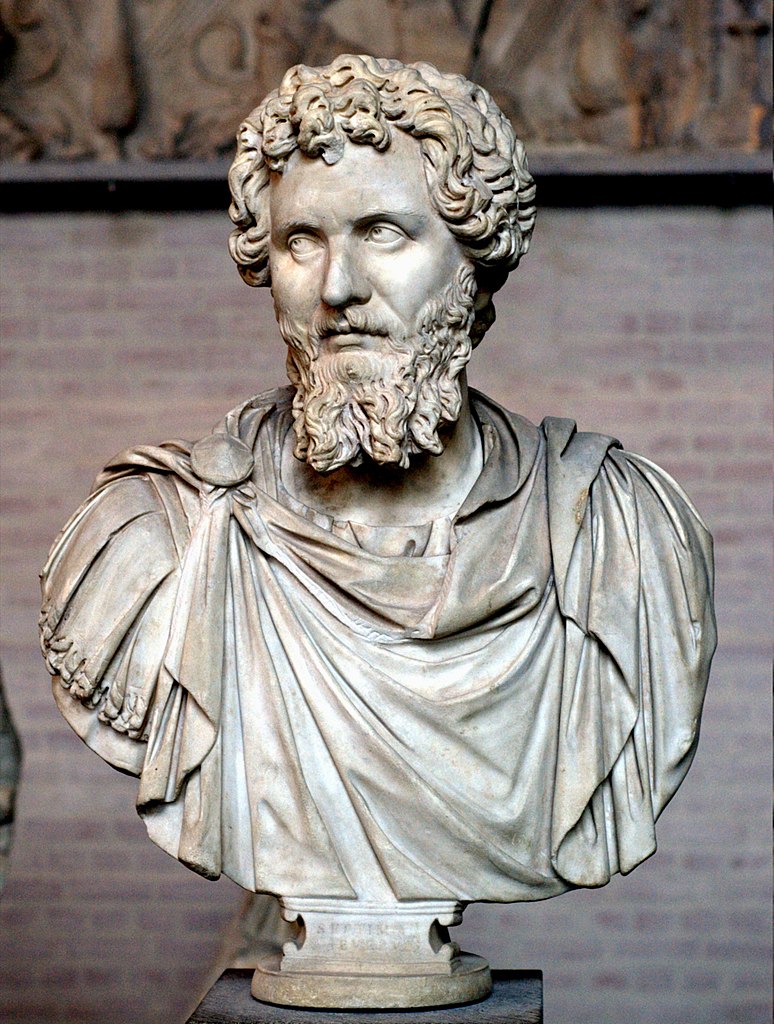“Black Roman Emperors” is a question that invites a complex exploration of race, ethnicity, and historical interpretation within the vast diversity of the Roman Empire. Applying modern racial categories to Roman times is a complex task. It’s difficult to definitively state that any Roman Emperor was ‘Black’ in today’s sense. However, figures such as Septimius Severus, born in Leptis Magna (modern-day Libya), may potentially fit such a category, bearing in mind our contemporary understanding of race and ethnicity.
The vastness and longevity of the Roman Empire made it one of the most ethnically and culturally diverse empires in history. From Scotland to Syria, the Atlantic coast of Spain to the edges of the Persian Gulf, Rome’s citizens and subjects spanned a range of ethnic backgrounds. This vast diversity was mirrored in the mosaic of Roman leadership. However, the question of whether any Roman emperors would be considered “Black” as understood by today’s terms is a complex one, steeped in considerations of historical context and the evolution of racial constructs.
Contrary to modern understandings, race as a concept didn’t exist in the ancient world. Instead, people were more likely to be categorized based on geographical origins, citizenship status, and social class, not skin color. This viewpoint was reflected in the multifaceted ethnic groups that made up the Roman Empire, each with their own unique set of customs and traditions.
Consider Septimius Severus, an emperor who reigned from 193 to 211 AD. Born in Leptis Magna, a place in present-day Libya, Severus is sometimes labeled an ‘African’ emperor. Some scholars propose that he may have had Berber or Punic ancestry. Yet, such categorizations as “African” or “Black,” as we interpret them today, are modern constructs and don’t necessarily translate to historical contexts.

Similarly, Marcus Julius Philippus, better known as Philippus Arabs or Philip the Arab, came from what is now Syria. Despite his geographical origin, to label him an Arab in the modern ethnic or racial sense would be an oversimplification and historical misrepresentation.
Roman identity and citizenship further complicate the story. Roman citizenship wasn’t reliant on race or ethnicity. Instead, it was a legal status gained through various means, including by birth, manumission (for slaves), or by an imperial grant. Hence, many emperors, like the Illyrian emperors, were born in the provinces yet were Roman citizens.
In conclusion, while it’s challenging to definitively state whether any Roman emperors would be considered “Black” in today’s context, it’s clear that the leadership of the Roman Empire reflected its vast diversity. This diversity is an enduring testament to the Empire’s rich tapestry of cultures, ethnicities, and backgrounds. It is in this spirit that we should explore the topic of ‘Black Roman Emperors,’ with a focus on understanding the complexities of race and ethnicity in the ancient world, rather than imposing modern racial categories onto historical figures.
Historical Challenge: Can You Conquer the Past?
Answer more than 18 questions correctly, and you will win a copy of History Chronicles Magazine Vol 1! Take our interactive history quiz now and put your knowledge to the test!

